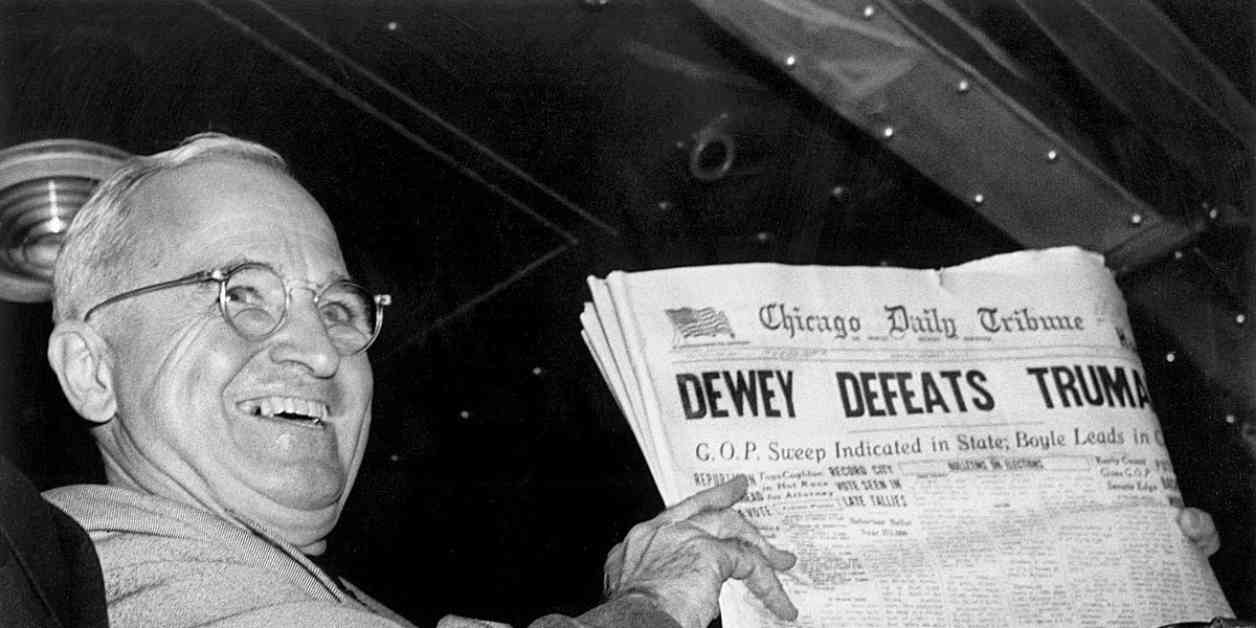As the U.S. presidential election approaches, Polymarket, a crypto-based prediction market, has introduced a new contract focused on predicting the next leader of the country. This contract has been created alongside an existing contract that has already seen significant trading activity, with over $3 billion in trading volume and $200 million in open interest. The new contract specifically focuses on who will be inaugurated as the next president, highlighting a potential challenge prediction markets may face in a politically divided and distrustful environment.
The difference between the existing “winner” contract and the new “inauguration” contract lies in the criteria used to determine the outcome. The “winner” contract is set to resolve once three major media outlets, including the Associated Press, Fox News, and NBC, call the race for a candidate. However, if these outlets do not reach a consensus by Inauguration Day, the market will be resolved based on the actual inauguration. On the other hand, the “inauguration” contract will wait until January 20 to resolve, with a contingency plan in case no inauguration has occurred by then.
This distinction raises concerns about potential disputes, similar to past election controversies where candidates contested results or refused to concede. The unpredictability of election outcomes, especially in the current climate, poses a significant challenge for prediction markets. The possibility of delayed resolutions, disputes among candidates and media outlets, and the need for clear criteria for determining the winner all contribute to the complexity of these markets.
To address these challenges, prediction market platforms like Polymarket and Kalshi are implementing different approaches to resolve election contracts. While Polymarket relies on media outlets and UMA, a decentralized oracle service, to determine outcomes, Kalshi prioritizes the inauguration as the decisive factor. Each platform has its own advantages and drawbacks, with considerations for timing, clarity, and potential disputes shaping their resolution criteria.
As experts and market participants evaluate the effectiveness of these approaches, concerns about ambiguous resolutions, potential litigation, and conflicting interpretations of election results remain prevalent. The need for transparency, reliability, and accuracy in resolving election contracts is crucial to maintaining trust and integrity in prediction markets. By navigating the complexities of election predictions and addressing the uncertainties surrounding electoral outcomes, these platforms strive to provide users with a fair and accurate trading experience.
In conclusion, the evolving landscape of prediction markets and the challenges posed by disputed election outcomes underscore the importance of clear and robust resolution mechanisms. As the U.S. presidential election unfolds, the impact of these market dynamics on investor confidence and market stability will be closely monitored. By adapting to changing circumstances and enhancing transparency in resolving election contracts, prediction market platforms aim to uphold their commitment to providing accurate and reliable predictions for users worldwide.

















